Feeding the world requires “a new paradigm”
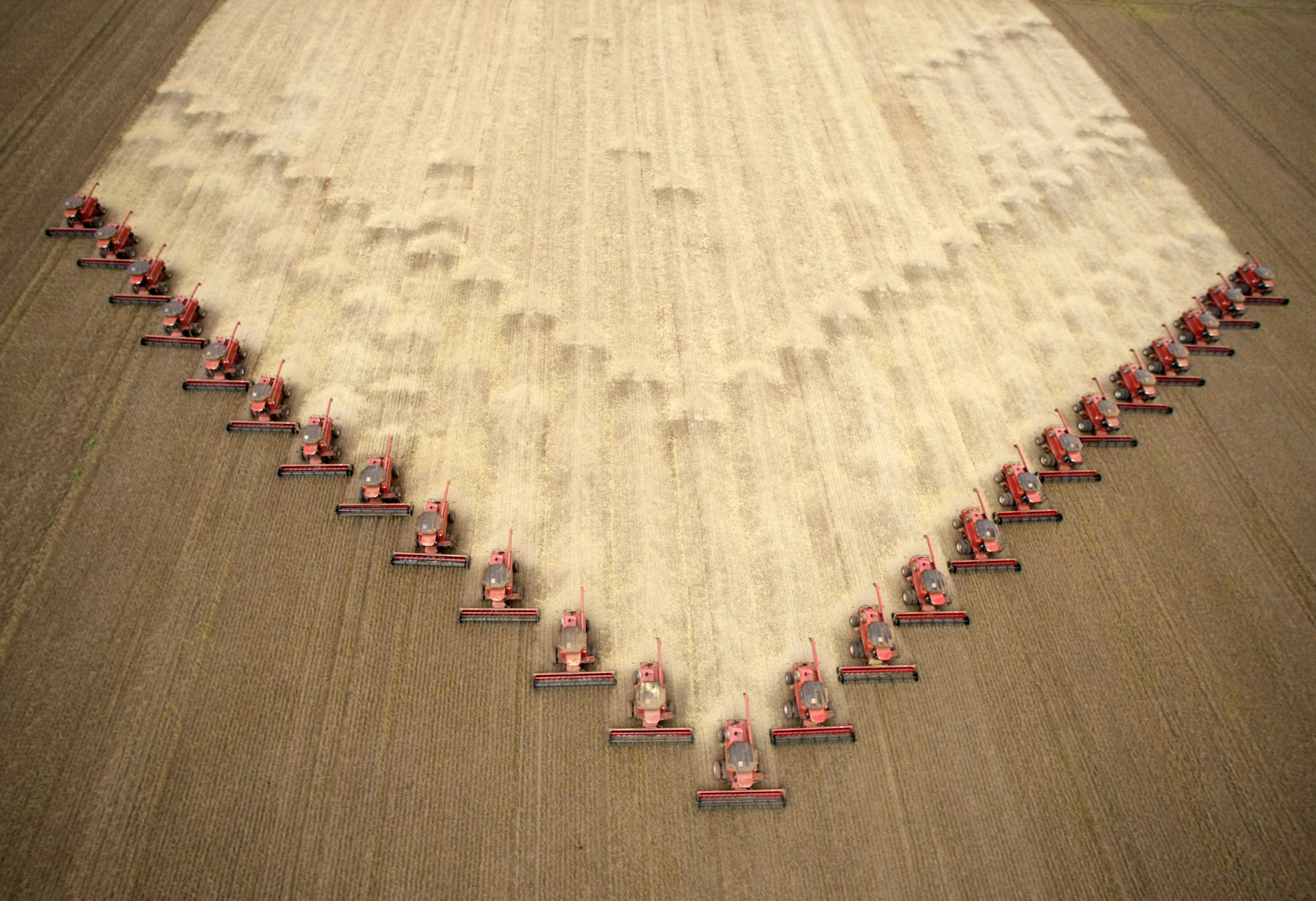
Agriculture specialists convening in Bern to debate the question of how to feed the world have agreed on one thing: a new paradigm is needed.
Farming models are breaking down – as witnessed by the suicide of a farmer every half hour in India – and new directions for research in agriculture for development are needed to support the sector and combat global poverty.
A joint conference hosted by non-government organisation Swissaid and Bern University asked 12 experts which agriculture methods worked and where research should be headed.
Although a similar conference was held ten years ago by Swissaid, this time around there is a growing urgency to act, Caroline Morel, head of the agency, told swissinfo.ch.
Under pressure
“What’s changed is that the pressure is growing. Pressure on natural resources like land, water and forests mainly, and also the population. Because of climate change there are a lot of bigger challenges than before.”
“We need a change of paradigm in agriculture and in future research.”
Agricultural paradigms have been shifting since the war, according to Angelicka Hilbeck, an agrobiologist at the Federal Institute of Technology in Zurich.
In the post-World War era there was a shift from food and feed production to raw material production for the “industrial value chain” and commodities traded and owned by a handful of giant companies.
For example, less than one per cent of all corn produced in 1997 landed on people’s dinner tables while still on the cob, the other 99 per cent being used for anything from flavourings to animal fodder.
“We need a paradigm shift in science and research to support the shifts in production, consumption and lifestyle,” Hilbeck told the conference.
Big versus small
In one trend, people have become bigger meat eaters. From 1960-2000 meat production nearly doubled from 22kg to 38kg per capita, according to a 2008 study by the International Assessment of Agricultural Science and Technology for Development (IAASTD).
As a result, nearly half of cereal production is used to feed animals for meat production. Of that 75 per cent is produced by big industrialised farms.
With big farms taking on the lion’s share of output, where does that leave small farmers? Hans Hurri, of the National Centre of Competence Research, noted that 99 per cent of farmers are living on small-scale farms. Only one per cent lives on large-scale, mechanised farms – the very farms that are cultivating about 50 per cent of all cropland.
But with 40 per cent of the human population living in rural areas and mostly employed in farming, it remains the “single most important occupational sector worldwide”.
In India, 93 per cent of farmers have small holdings of under four hectares. But these farmers are suffering from the effects of climate change such as drought, temperature extremes and changes in eco-systems resulting in pest shifts. Indebtedness is triggering high numbers of suicides of farmers there.
“Ninety-nine per cent of farmers are small and marginal. We need to look after them,” Gangula Ramanjaneyulu, senior scientist at the Indian Council of Agriculture and one of the conference speakers, told swissinfo.ch.
“It’s not just an issue for farmers. Everyone in the world has to depend on farming for their food, directly or indirectly. If farming is threatened, life on earth is threatened.”
The answer is to return to biodiverse farming (growing more than one crop in a field) and reviving time-tested traditional crop varieties which are more resistant to climate change, he said.
“Today most of our foods comes from just four or five crops. If you look back 50 years we used to have 20-30 crops. The narrowing of our genetic base of food is serious. That’s something that needs to be addressed by the research system.”
Organic future
Is organic farming another way forward? For Urs Niggli of the Research Institute of Organic Agriculture it is one of the best options on the table, in part because organic has the “best adaptation to climate change”, improving soil fertility and therefore leading to higher soil carbon levels.
Niggli pointed to two studies that found organic farming would increase yields. One study for the United Nations found yields rose by 116 per cent among 114 projects assessed in Africa.
Swissaid’s Caroline Morel said there should be an international focus on both organic and ecological agriculture based on small-scale farming. Agriculture and scientific research should focus on small farmers, using their know-how and working with them to find solutions for ecological production.
In a move to focus research, a single strategy has now been developed for the 15 International Agriculture Research institutes around the globe (see sidebar).
If anything the conference was a chance to share points of view. For Nina Buchmann, head of the ETH World Food System competence centre, comparing small and large farms was not a black and white issue.
Large industrialised farms need to be more sustainable to avoid negatively impacting on the environment, and at the same time the economic power of the small holders needs to be increased, she said.
“We have to bring those different points of views – that small is beautiful and big is beautiful – together otherwise we lack the portfolio of options we need in order to answer the challenges that we have globally,” she told swissinfo.ch.
“Research for development – what kind of agriculture feeds the world?” was organised by Swissaid and Bern University’s Centre for Development and Environment.
Speakers were representing the National Centre of Competence in Research, the ETH Institute for Integrative Biology, the Research Institute of Organic Agriculture, the Consultative Group on International Agricultural Research, Indian Council of Agriculture and the African Institute for Sustainable Food and Development.
The conference on September 21 and 22 was attended by scientists, researchers, students and aid workers in the field of agriculture and development.
The Consultative Group for International Agriculture Research institutes recently developed a single strategy for its research into agriculture for development.
It recognised the need for research partnerships to simultaneously look into the major global challenges of food security, food sovereignty, climate change, water, biodiversity and ecosystems.
As a result it developed a new research framework for its 15 IAR centres around the world.
The following will be a basis for new research programmes:
. Reducing rural poverty
. Improving food security
. Improving nutrition
. Sustainable management of natural resources

In compliance with the JTI standards
More: SWI swissinfo.ch certified by the Journalism Trust Initiative

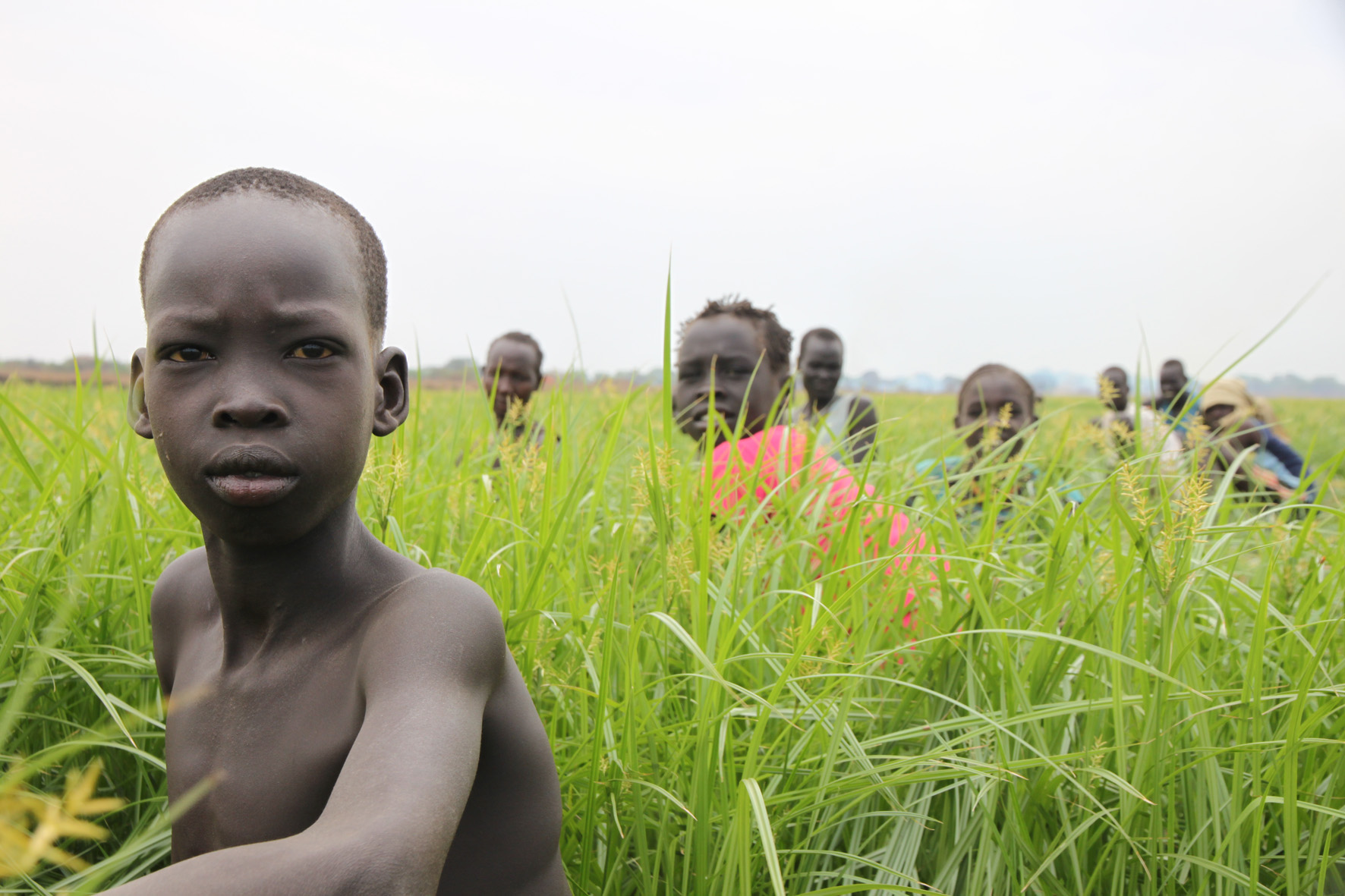


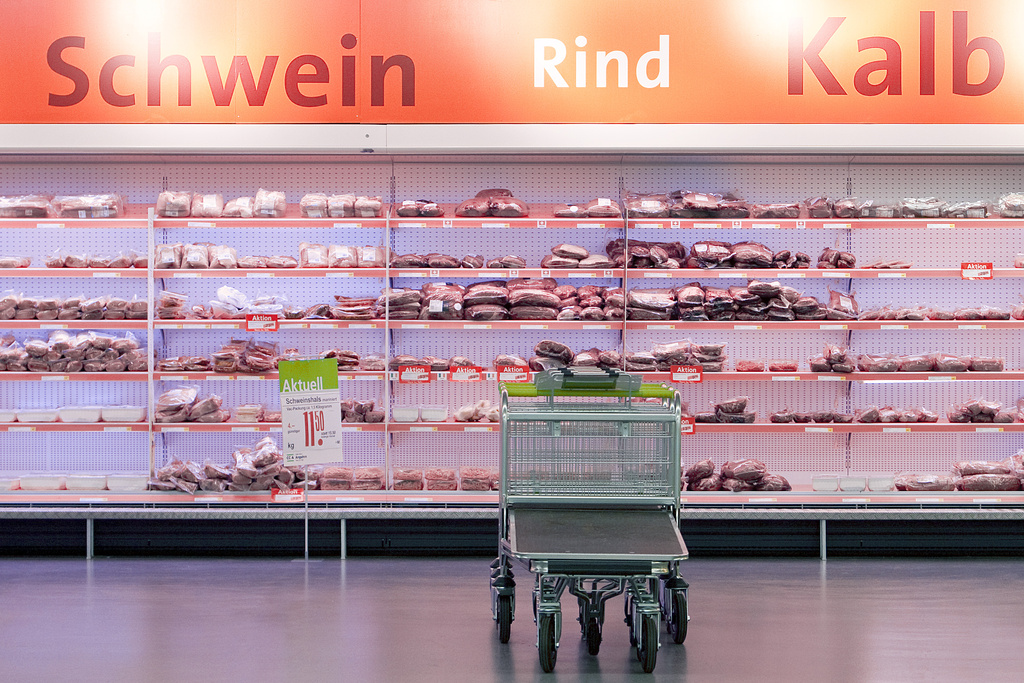
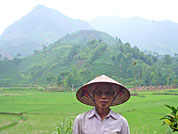
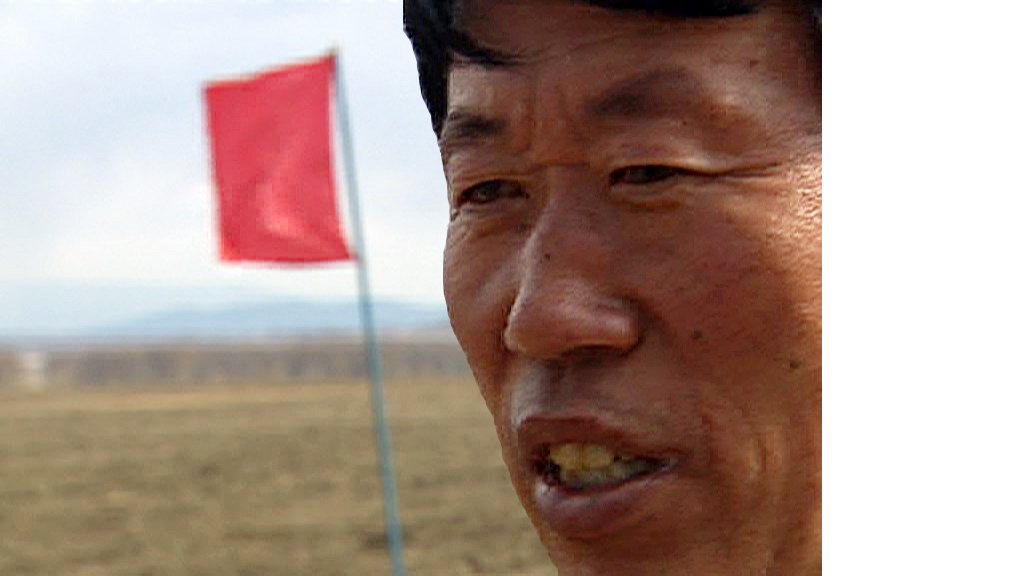
You can find an overview of ongoing debates with our journalists here. Please join us!
If you want to start a conversation about a topic raised in this article or want to report factual errors, email us at english@swissinfo.ch.